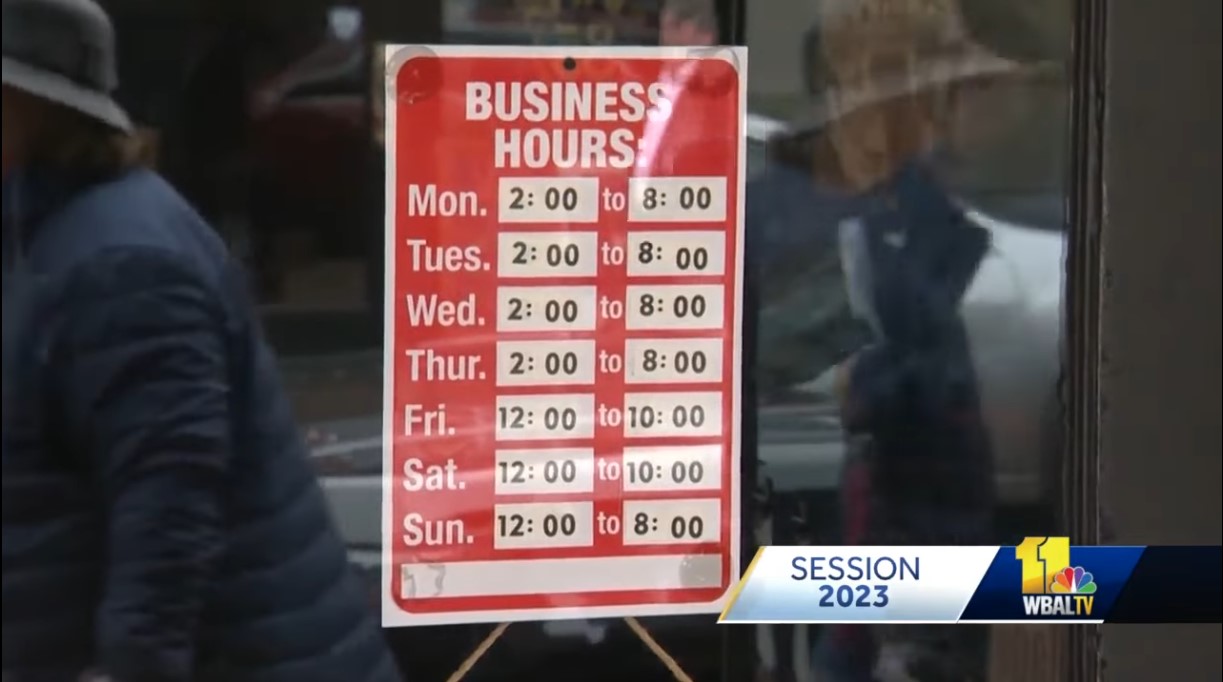As misguided as the Maryland bill is, that doesn’t mean the existing work environment doesn’t need to change. Some businesses could perhaps change their practices to reduce employees’ workweeks — they just don’t need the government paying them to do it.
For instance, what employee hasn’t, at one point or another, found the dreaded “weekly meeting” the bane of his existence? I faced these on Capitol Hill in nearly every office I worked for. Every week — normally at some point on Monday — the entire staff would gather to update the boss on that week’s activities.
In many cases, these types of meetings feature very limited interaction: One person at a time updates the boss, and everyone else listens. And the cumulative effects of those people sitting around waiting to update the boss add up. Even if a weekly meeting lasts “only” half an hour, in a 10-person office, that amounts to five total hours being spent on a meeting — more than half a working day for one employee.
Eliminating endless, and in some cases unnecessary, meetings would certainly improve productivity, as would moving to a task-oriented mindset. Rather than thinking about how many hours an employee needs to “be working,” whether in the office or remotely, managers should focus on ensuring that the essential work gets done. If that means efficient workers can complete their tasks by working 30 hours a week, or even less, why punish those workers for their efficiency by forcing them to sit behind a desk for the additional time?

 thefederalist.com
thefederalist.com
For instance, what employee hasn’t, at one point or another, found the dreaded “weekly meeting” the bane of his existence? I faced these on Capitol Hill in nearly every office I worked for. Every week — normally at some point on Monday — the entire staff would gather to update the boss on that week’s activities.
In many cases, these types of meetings feature very limited interaction: One person at a time updates the boss, and everyone else listens. And the cumulative effects of those people sitting around waiting to update the boss add up. Even if a weekly meeting lasts “only” half an hour, in a 10-person office, that amounts to five total hours being spent on a meeting — more than half a working day for one employee.
Eliminating endless, and in some cases unnecessary, meetings would certainly improve productivity, as would moving to a task-oriented mindset. Rather than thinking about how many hours an employee needs to “be working,” whether in the office or remotely, managers should focus on ensuring that the essential work gets done. If that means efficient workers can complete their tasks by working 30 hours a week, or even less, why punish those workers for their efficiency by forcing them to sit behind a desk for the additional time?

Four-Day Workweek Bill Is the Wrong Solution To A Real Problem
A bill recently introduced in the Maryland General Assembly seeks to study shifting to a standardized four-day workweek.

